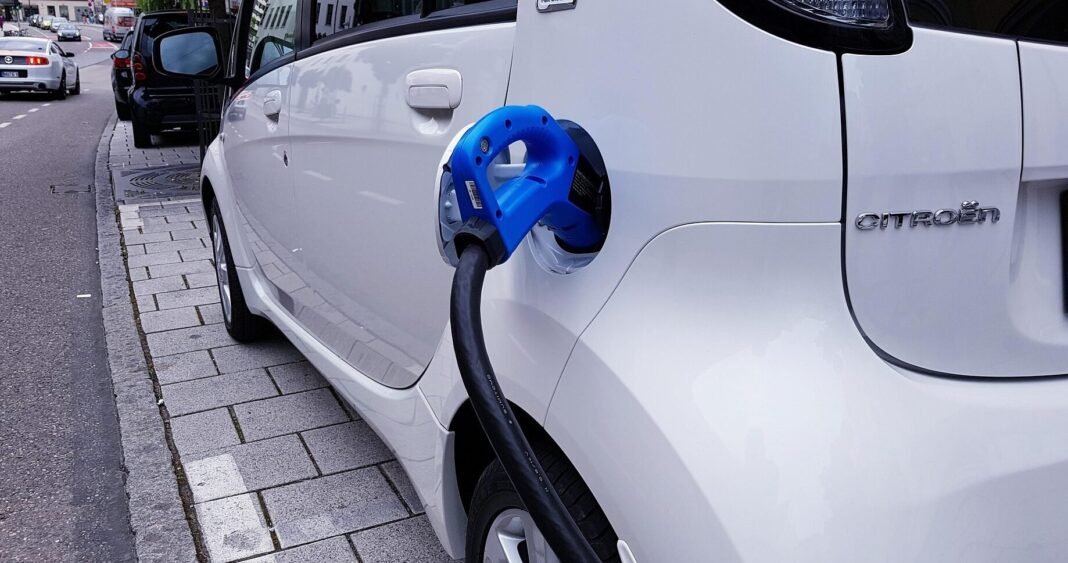The recent, and widely welcomed, government announcement of a new electric vehicle (EV) grant is starting to cause concern and could lead to chaos before it is even implemented.
Stuart Masson, Editorial Director of The Car Expert, commented: “The UK government’s new EV grant – billed as a way to support uptake and affordability – is fast becoming a textbook example of how not to run industrial policy.
“Right now, no one seems to know which cars will qualify, or what the actual grant values will be. The result? Consumer confidence has collapsed overnight. Manufacturers say EV sales have ground to a halt, with customers cancelling orders left and right in anticipation of price drops that might come with a £3,750 grant – if they’re lucky.”
He continues: “This lack of clarity is not just damaging confidence – it’s distorting the market.”
As a result, to stimulate sales, some manufacturers are already offering the discount. Hyundai UK today announces the launch of its Hyundai Electric Grant, offering UK customers immediate savings on the company’s full electric vehicle lineup. The new grant provides £3,750 off the 2025 World EV of the Year, INSTER, and £1,500 off all other multi-award-winning Hyundai EVs, including the KONA Electric, IONIQ 5, IONIQ 6, IONIQ 5 N and IONIQ 9.
Ashley Andrew, President of Hyundai and Genesis UK, said: “As the electric vehicle landscape continues to evolve, it is important that customers have complete clarity, choice and compelling value when making the switch to electric. Our diverse EV portfolio means we can offer something for every driving need, from the compact and efficient INSTER to our flagship IONIQ 9 seven seat SUV. By providing immediate financial support through our grant programme, we’re ensuring that more customers can experience the significant long-term savings that come with electric driving.”
The Hyundai Electric Grant is available immediately across Hyundai UK’s national Retailer network, applied to all retail purchases.
Skywell UK has today launched its own EV incentive, in response to the delays and uncertainty faced by customers, to the roll out of the Government’s recently announced, ‘Electric Car Grant’.
The electric car grant, has introduced a tiered grant system for vehicles, calculated on varying factors during the production process, from the Science Based Target initiative (SBTi). For vehicles to be eligible, they must be, priced under £37,000; with the Skywell BE11 72kWh Standard Range potentially eligible, at £36,995.
David Clark, General Manager of Skywell UK commented: “A number of caveats, and requirements have been set by the Government before any vehicle is approved onto the new electric car grant scheme, which has left manufacturers, dealers and customers in limbo. We want to start this process immediately, but we must first gather all the required documentation from Skywell, which could take many months. Consumers need confidence and definitive answers, and we should not subject them to further delays.”
Visiting the UK this week, following the Government’s announcement, Rosy He, Sales Director for Skyworth, commented: “We have seen the UK Government apply automotive incentives previously for UK consumers to great effect. The ‘Scrappage Scheme’ and ‘Plug-In Car Grant’ offered previously, worked well to boost the UK economy and automotive industries.”
“However, the recently announced Electric Car Grant comes with a number of restrictions, and requirements not seen previously, which may delay Skywell’s participation in the scheme, whilst we gather the required document and request approval. We will of course work with the UK Government, in hope our vehicles can be eligible for the scheme.”
Andrew Tavener, Head of Fleet Marketing EMEA, Descartes, commented: “The renewed electric car grant is welcome news for consumers, but for logistics businesses, the challenge of purchasing an EV goes far beyond simple vehicle costs, as it is a much more complicated and considered purchasing decision, and so more needs to be done to support businesses.
“ So, even though in the UK, electric models now, slowly, account for 6.3% of new LCV registrations, up from just 1.2% in 2020, logistics businesses are still hindered by a transition to electric vehicles, thanks to a lack of basic infrastructure and a whole host of other issues to consider.”
“For instance, while some grants help offset purchase prices, the real operational hurdle in managing all fleets is to establish how mileage can be reduced across the board, before even considering that of EV fleets. But, equally any transition to an EV fleet must consider mileage of the vehicle and downtime.
“Consumers find it difficult enough to plan routes with the current infrastructure; but for businesses, this complexity is tenfold. Home charging frustrations experienced by consumers are minor compared to the infrastructure and scheduling issues faced by logistics operators, who must ensure vehicles remain on the road, not waiting at a charger.”
This lack of clarity and detail could possibly derail the government’s intentions of kick-starting EV sales as manufacturers wait to see if their vehicles will be eligible for the grant. The government has to urgently provide clear detailed guidance or the momentum towards electric vehicles could stall.
Mark Salisbury, Editor


